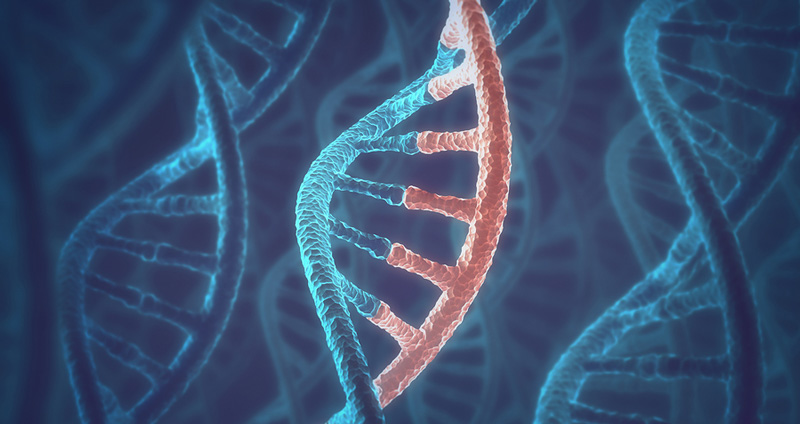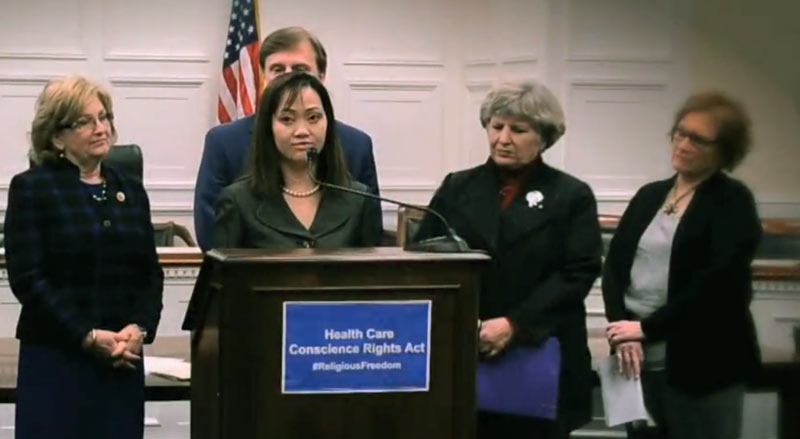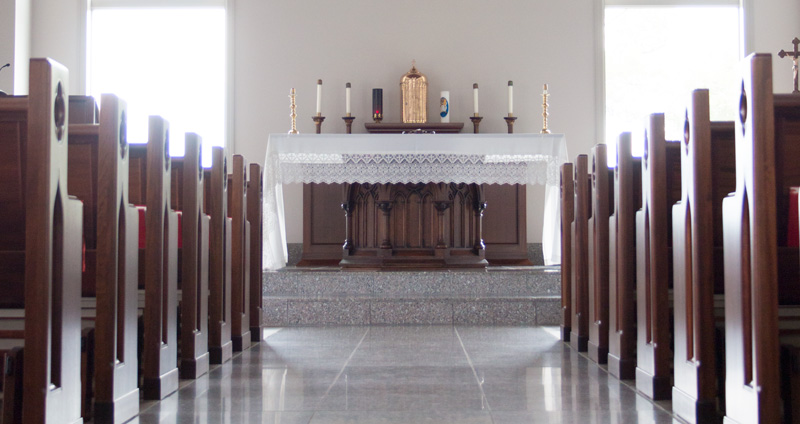
WASHINGTON – The U.S. Conference of Catholic Bishops objected to a National Institutes of Health proposal to authorize federally funded research on part-human, part-animal embryos in comments submitted to the agency Sept. 2.
The bishops made ethical and legal arguments in opposing the plan, saying that such research results in “beings who do not fully belong to either the human race or the host animal species.”
Current NIH guidelines for human stem cell research specifically prohibit introducing human pluripotent cells — those capable of giving rise to several different cell types — into nonhuman primate blastocysts, which are cells at an early stage of development. NIH has proposed funding scientists researching such embryos, known as chimeras.
The bishops’ statement said that while the plan calls for review of some research proposals by a NIH steering committee, “the bottom line is that the federal government will begin expending taxpayer dollars on the creation and manipulation of new beings whose very existence blurs the line between humanity and animals such as mice and rats.”
By funding such research, the bishops argued, the NIH would be ignoring laws that prohibit it. They said such research “is also grossly unethical.”
On the moral and ethical side of the issue, the statement said the bishops are concerned about the destruction of human embryos that serve as a source of “raw material” for research. They said the NIH proposal for producing human/animal hybrids raises “new and troubling questions of its own.”
Acknowledging that the respectful use of animals in research can benefit humanity, the bishops stressed, however, that the unique dignity of the human person puts limits on what can morally be done in the field.
“Herein lies the key moral problem involved in this proposal, beyond the already grave problem of exploiting human embryos as cell factories for research. For if one cannot tell to what extent, if any, the resulting organism may have human status or characteristics, it will be impossible to determine what one’s moral obligations may be regarding that organism,” the bishops said.
“We submit that producing new organisms, regarding whom our fundamental moral and legal obligations are inevitably confused and even contradictory, is itself immoral,” the statement said. “NIH should give far more serious consideration to this and other moral problems before seeking to fund human/animal chimera research.”
Legally, the bishops added, federal funding for such research would violate the Dickey-Wicker Amendment, which prohibits the use of taxpayer dollars to create or destroy human embryos for experiments.
The statement concludes that the proposal is “seriously flawed” and urged NIH to withdraw it.



